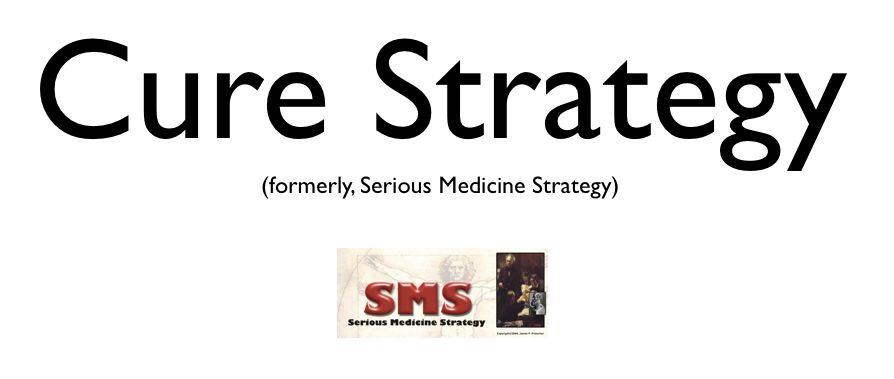
Bloomberg News' Brian Faler writes a smart piece, "Budget Office Misses on Big Bills Cloud Health Debate," which bears examination in the current debate over health care dollar totals. As I wrote here last night, the Congressional Budget Office has great power in the healthcare debate, by virtue of its number production, even though nobody really knows what its numbers mean, or how accurate they are.
In 2003, as Bloomberg notes, CBO estimated that the new Medicare drug benefit would cost $518 billion. Three years later, CBO admitted that it had overestimated the cost by nearly a third--the real price tag was $382 billion.
The issue here isn't bad faith, it's competence at knowing the future, and the future isn't knowable. CBO might be making the best of an impossible situation, but if it's an impossible situation, then the best won't be very good.
And so what are the chances that CBO would ever be able to measure an innovation that "bent the curve" on health care in some way--as in, for example, actually curing a costly disease? CBO might be able to accurately measure the fiscal impact of a rationing scheme, but it probably couldn't, by its own admission, measure the fiscal impact of a breakthrough.
But let Bloomberg's Faler tell the tale his way:
CBO’s projections matter because lawmakers are required to use them as they weigh various measures, including the plans to remake the U.S. health-care system. Yet the more sweeping the proposal, the more likely its estimates will miss the mark because on such legislation the agency has the least amount of data, CBO Director Doug Elmendorf said.
“When Congress is considering incremental changes to policies, and especially incremental changes that are similar to ones that have been made before, then there’s a history that we and other analysts can consult,” Elmendorf, 47, said in an interview. With “more dramatic or novel changes in policy, there’s no previous experience to refer to.”
As the nonpartisan agency reviews plans to carry out the most extensive overhaul of the medical-care system in more than four decades, “the range of uncertainty around our estimates of health-reform proposals is very large,” he said.
In other words, if the number-crunching is easy, if it follows a pattern we have seen before, we can do it, says Elmendorf. But if it's complicated and tricky--if it covers new territory--then we'll probably get it wrong, he seems to be saying. Indeed, that's exactly what Elmendorf is saying:
The cost estimates “often depend on projections of economic or political developments that are very hard to foresee,” said Elmendorf, an economist.
And on this score, Elmendorf's predecessor at CBO, Peter Orszag, now at the Office of Management and Budget, seems to agree:
Peter Orszag, the agency’s head until Obama named him director of the White House Office of Management and Budget, agreed that far-reaching legislation tests the limits of CBO projections.
“Any set of analysts, whether they’re at CBO or elsewhere, find it easier to assess marginal changes -- a little tweak here, a little tweak there -- within the bounds of historical experience,” he said in an interview. “It’s harder to evaluate and quantify things that transform systems.”
OK, so the past and current directors of CBO agree that CBO won't get it right if it's complicated.
So what, exactly, is CBO doing? The moral of this story seems clear enough: CBO will account for what it can account for, and it won't account for what it can't account for. Does that help?


No comments:
Post a Comment